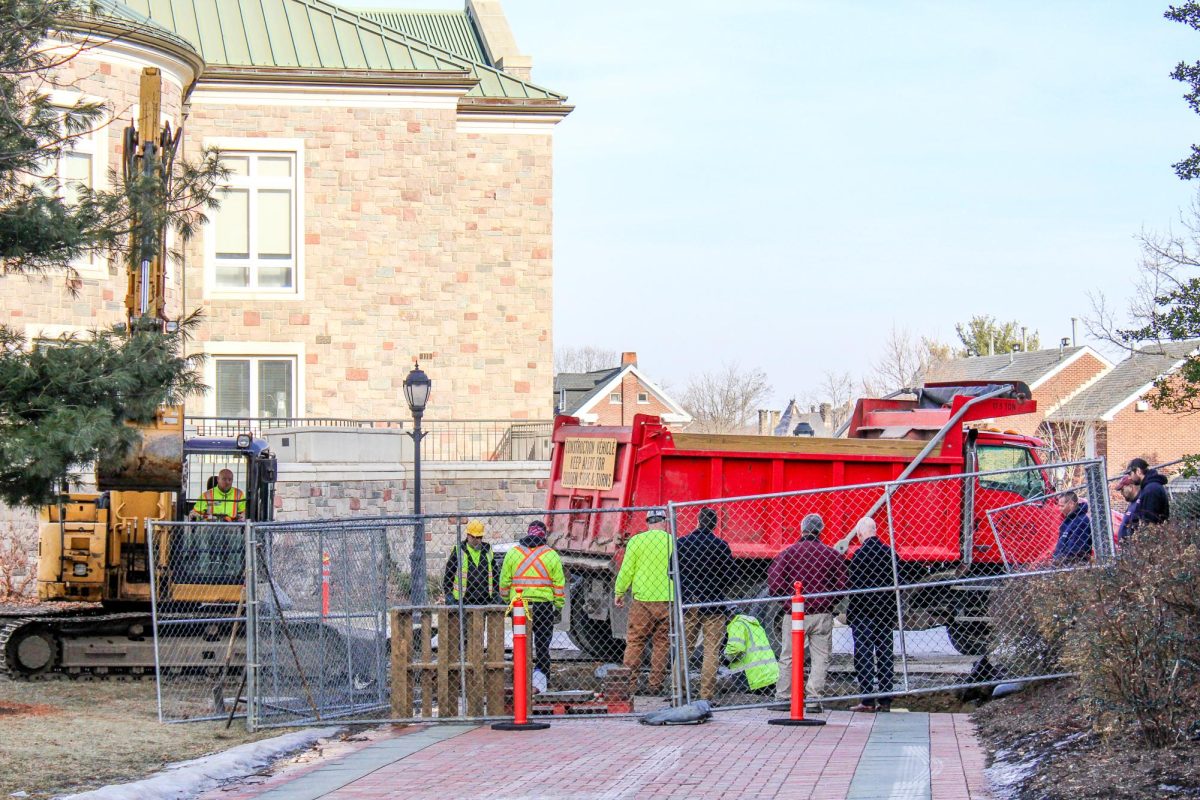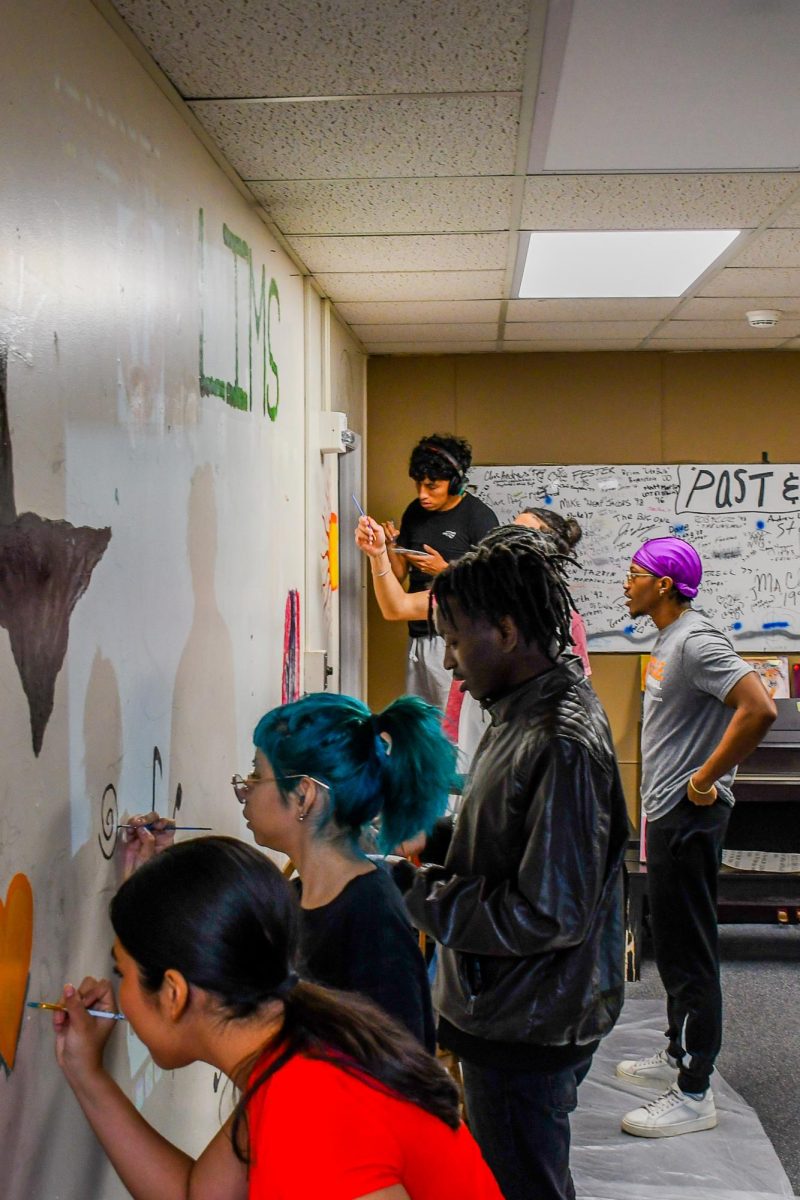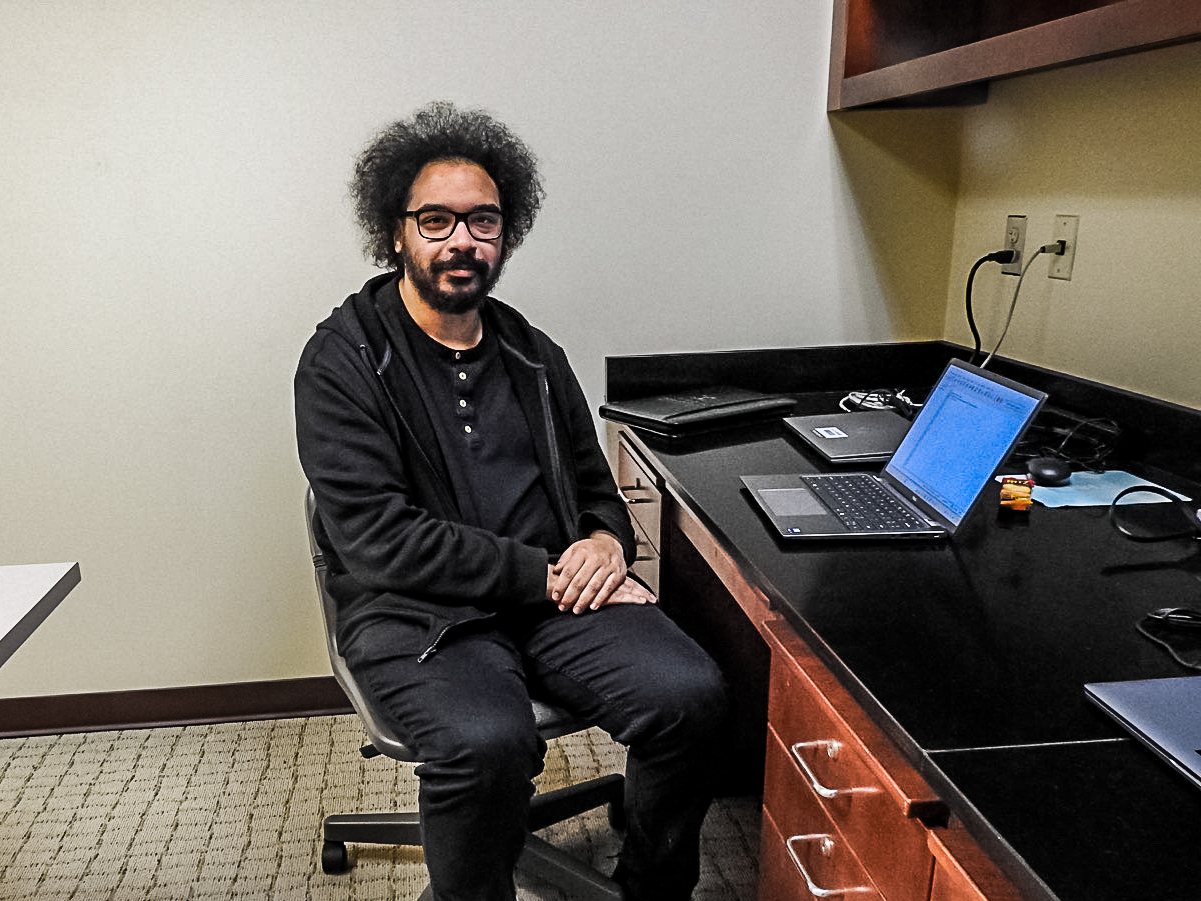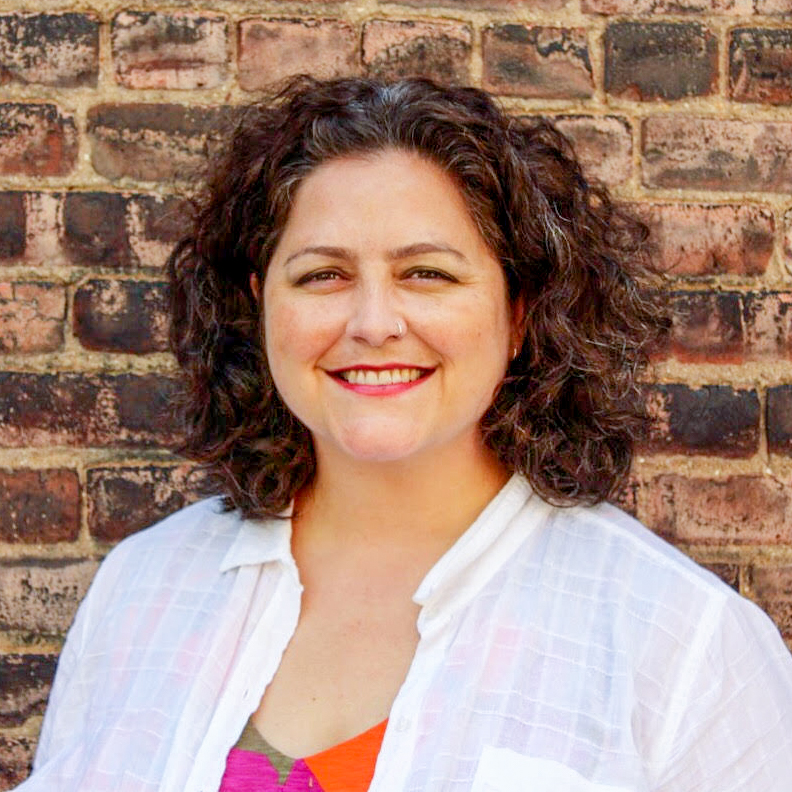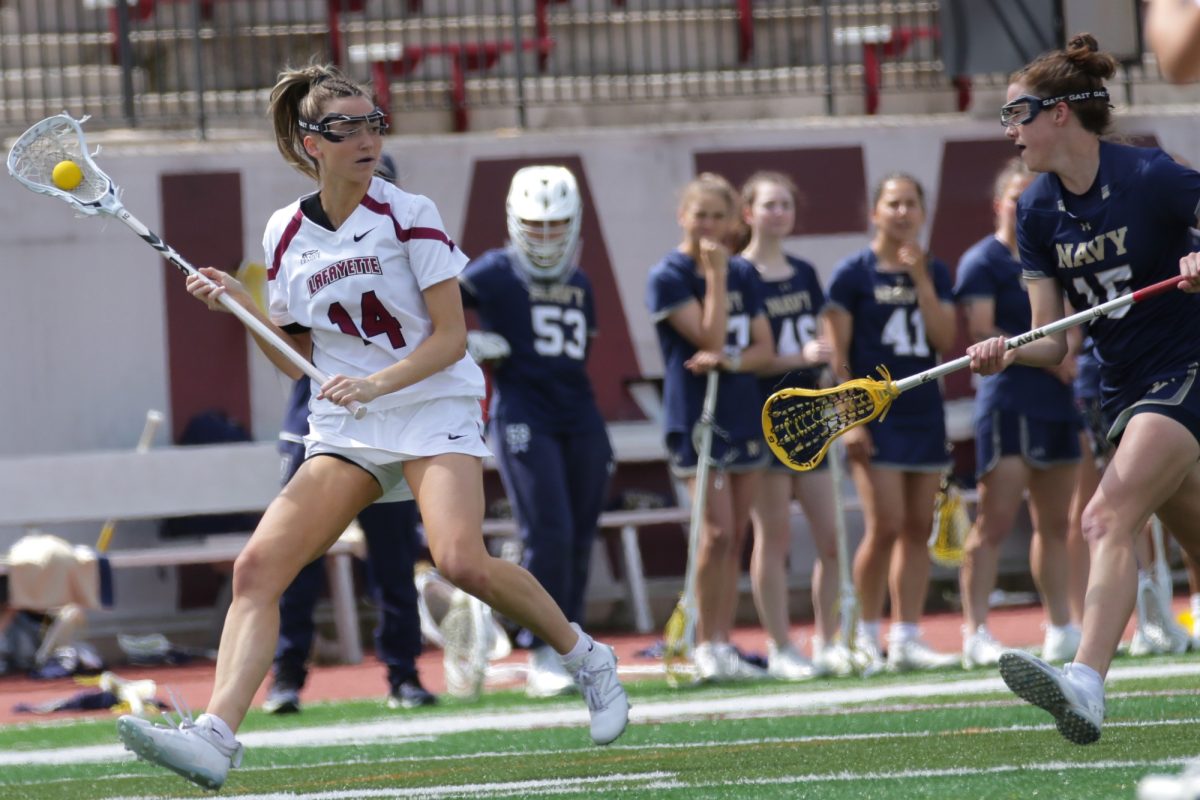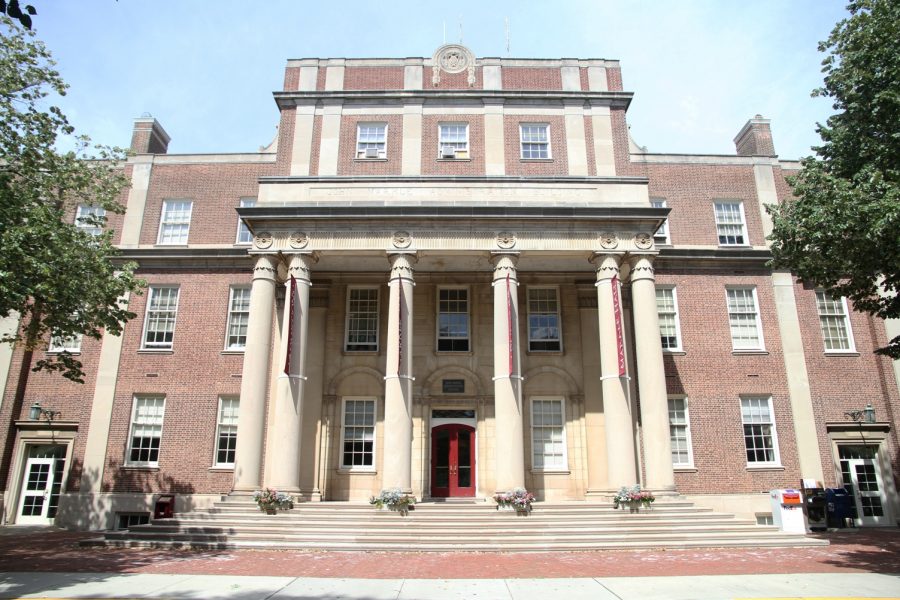Over the course of next semester, a faculty committee has been charged with reviewing the president’s involvement in the tenure process after national controversy over a tenure denial earlier this semester.
The seven-member ad hoc group plans to look at four areas of the process: defining “compelling reasons,” the timeline of tenure cases in the case of a president’s disagreement with faculty recommendations, the procedure for that presidential nonconcurrence and when the president may deny early consideration of tenure for faculty members.
Elected chair of the committee and professor Susan Basow said the committee hopes to present its recommendations to the faculty in May. Any changes to the faculty handbook that the committee proposes must receive final approval by the Lafayette College Board of Trustees.
This new move for revision comes after Spanish professor Juan Rojo made national news by going on a six-day hunger strike in late August to protest his tenure denial and the tenure process. Although he was denied tenure for the third and final time in September, his hunger strike highlighted what many faculty members see as problems in the tenure review process.
Among those concerns is defining “compelling reasons,” a phrase in the Faculty Handbook that describes when the president cannot concur with a positive tenure decision. In Rojo’s case, he received nearly unanimous approval from both the Promotion, Tenure and Review committee and his department committee, but President Alison Byerly vetoed that decision, citing what she called a lack of “distinction” in his student-teacher evaluations.
“I think the Juan Rojo situation, along with other kinds of things that have happened, it was just sort of a lightning rod for a variety of areas of concerns that has caused I think a decrease in morale and lots of worries on the parts of people, and that worry detracts from their doing their best job,” Basow said.
The parts of the tenure process up for review have not received any major revisions since the 1999-2000 academic year, when Clerk of the Faculty Robert Root said the college had an “acrimonious appeals process.”
In the beginning of the spring semester, the committee plans to hold open meetings with untenured faculty, tenured faculty and faculty who have served on PTR and the Appeals and Grievance committees. The ad hoc committee also plans to have Byerly involved in conversations about the revisions, along with representatives of the board of trustees.
Besides Basow, the committee includes professors Ethan Berkove, Alan Childs, Brett Hendrickson, Chawne Kimber and Mary Roth, along with Dean of the Faculty Robin Rinehart as a representative of the administration.


